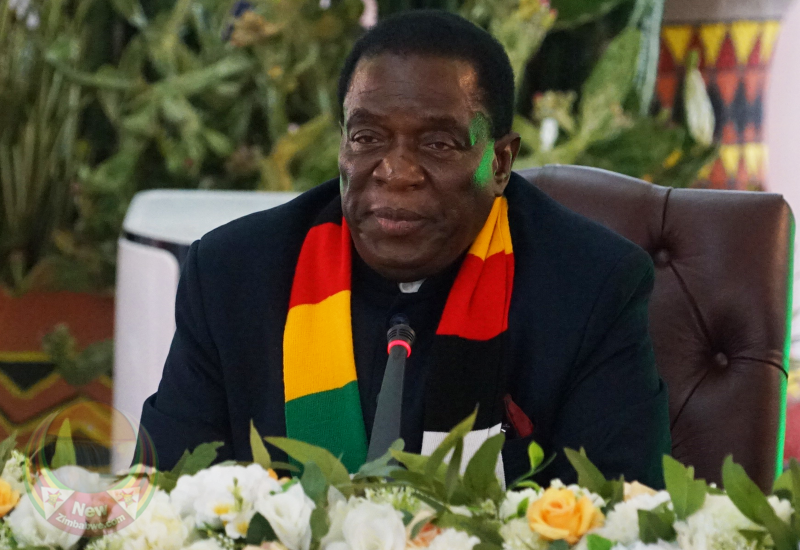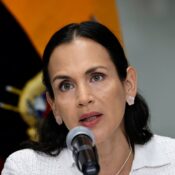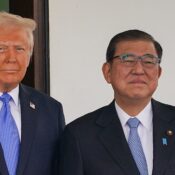
At the debt conference, Zimbabwe sets big goals for its return to global banking
Zimbabwe wants to access foreign capital markets for the first time in more than 20 years, so on Monday, its president met with creditors and finance executives to talk about its big plans to pay off debts and restructure $12.7 billion in external debt.
The country in Southern Africa owes 81% of its gross domestic product, and paying it off will be hard for a country that has been through many financial problems in the last few decades, such as repeated bouts of hyperinflation and failed attempts to start new currency regimes.
At the meeting, President Emmerson Mnangagwa said that Zimbabwe is in talks with the International Monetary Fund about a Staff Monitored Program (SMP).
African Development Bank (AfDB) President Akinwumi Adesina told the meeting that getting an SMP would make it possible to make the policy changes that are needed.
“That is the key,” he said, adding that the AfDB was ready to help Zimbabwe’s economy by giving it money to protect it from the bad effects that changes might have.
Adesina said that the AfDB also had money in a special fund that could be used to help Zimbabwe pay off its debts. He didn’t give any numbers.
Finance Minister Mthuli Ncube said that timelines would be clear by the middle of 2025, after Zimbabwe got promises from lenders to help pay off the debts.
Analysts say that catching up on debts is important for an economy that can’t even get money from the IMF right now, which is the lender of last option.
A free-lance economist in Harare named Prosper Chitambara said, “The issue of arrears is a major albatross around our neck.”
“Once the arrears are cleared it will be cheaper to borrow and easier to attract investment.”
NOT A GOOD SITUATION
Zimbabwe, which used to feed the whole area but now has trouble feeding its own people, needs to get back on track with its bilateral creditors and clear its debts with the AfDB, the World Bank, and the European Investment Bank in order to get more money.
An IMF spokesperson said, “The IMF is currently precluded from providing financial support to Zimbabwe” because of the country’s unsustainable debt and long-term debts to other countries.
Zimbabwe wants to join the IMF SMP, but it doesn’t include cash help or need approval from the Fund’s executive board.
But people in the government say it will help Zimbabwe show that it is back to good economic policies. The first goal for the government was to have an SMP in place by April. They missed that goal, as well as a second date last month.
Because of this, the IMF has only been able to provide basic help, like making budgets.
OWES AND BLOCKS
The UN says that 24 of Africa’s 35 low-income countries are very likely to have problems with their debt. Since 2020, Zambia and Chad have finished working out their debt problems. Ghana’s debt adjustment is almost done, and Ethiopia’s is in the middle of it.
But Zimbabwe isn’t like other defaults. A government presentation from 2023 says that 45% of its load is unpaid debt and the rest is made up of arrears and penalties.
An AfDB program called Africa Legal Support helps countries deal with bad debts. Ncube said before the conference that the Global Sovereign Advisory Company and the law company Kepler-Karst would be paid to help the government.
Ncube said that Zimbabwe has only been paying small amounts to its debts, including 16 bilateral creditors, but he didn’t give any more information.
All Categories
Recent Posts
Tags
+13162306000
zoneyetu@yahoo.com



